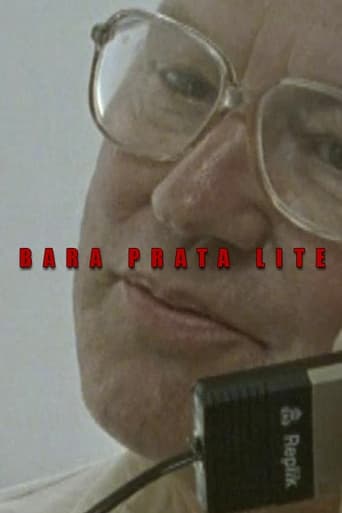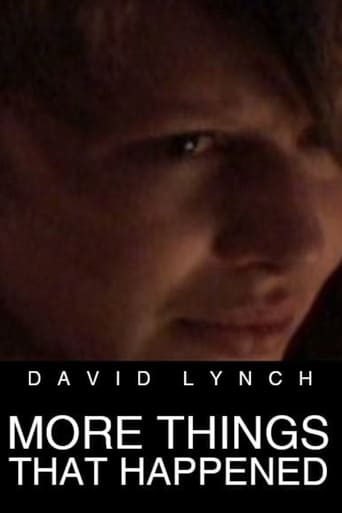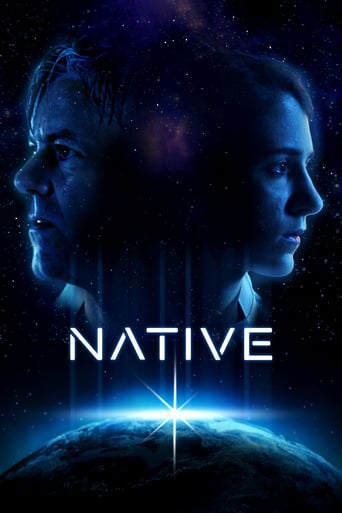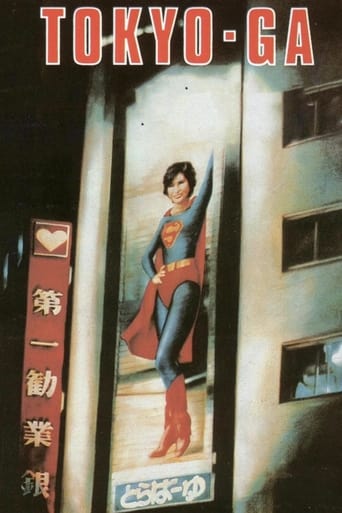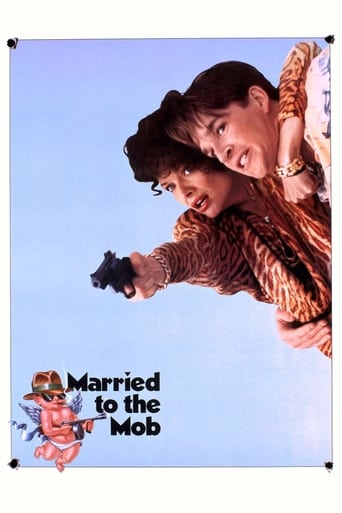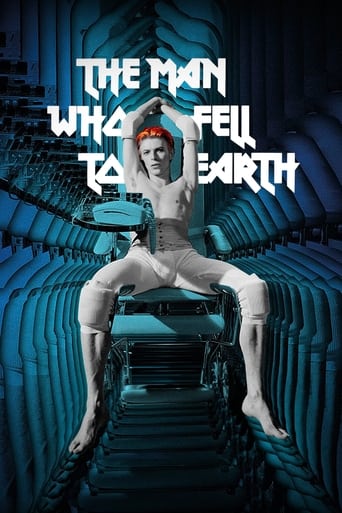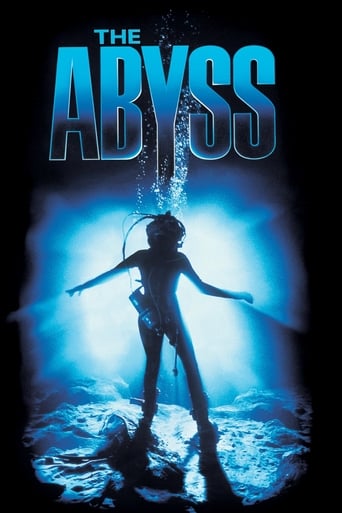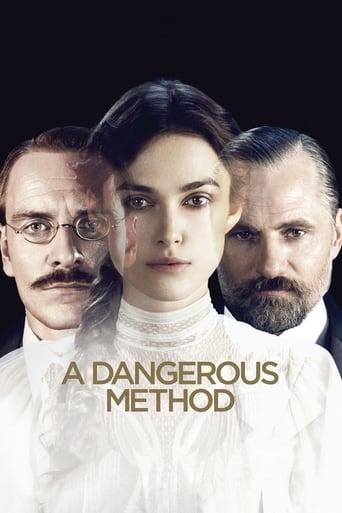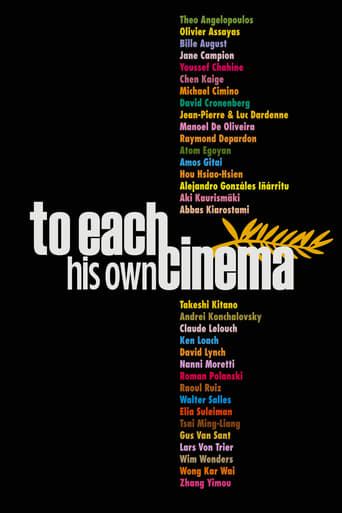


To Each His Own Cinema
Commissioned to mark the 60th anniversary of the Cannes Film Festival, "To Each His Own Cinema" brought together 33 of the world's pre-eminent filmmakers to produce short pieces exploring the multifarious facets of cinema and their perspective on the state of their chosen artform in the early 21st century.
-
- Cast:
- Pegah Ahangarani , Taraneh Alidoosti , Vishka Asayesh , George Babluani , Josh Brolin , Michel Piccoli , João Bénard da Costa


Similar titles
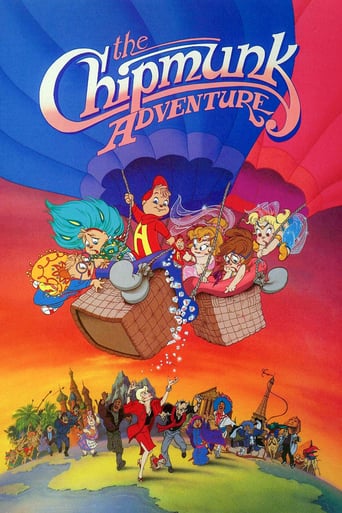
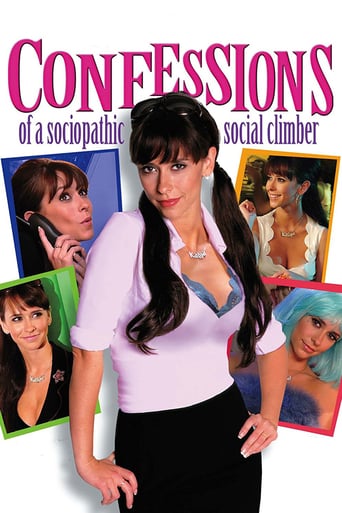
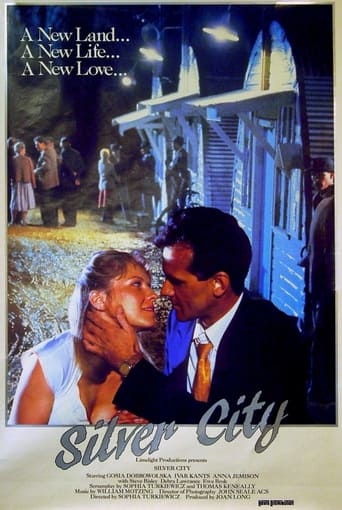
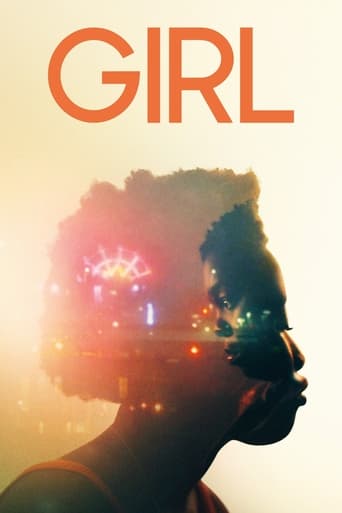
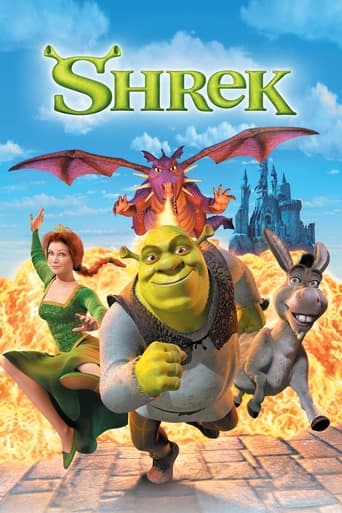
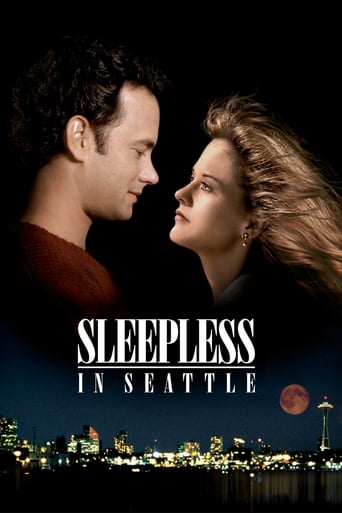
Reviews
Plenty to Like, Plenty to Dislike
I'll tell you why so serious
The first must-see film of the year.
A terrific literary drama and character piece that shows how the process of creating art can be seen differently by those doing it and those looking at it from the outside.
TO EACH HIS OWN CINEMA is a 2007 collection of 3-minute shorts by some 36 directors around the world on the theme of what cinema means to them. So many auteurs already make films about films inasmuch as they allude to classics, but here most of the shorts are actually set in cinemas, with audiences in rows of seating. You'll need to have a decent familiarity with the art-house canon before watching this, though. It's fascinating how so many of the directors, regardless of what continent they hailed from, choose to have French New Wave films playing in the background as their stories are told.It opens with Raymond Depardon's "Open-Air Cinema", where a crowd of Egyptians watched an outdoor projection in Alexandria, and in spite of the unusual writing and the women's veils, they seem to be just like us. Zhang Yimou later does much the same in a Chinese village.One of the remarkable aspects of this collection are the similar ideas. Two stories deal with thieves stealing purses in dark cinemas. Three deal with the blind and how they perceive cinema. Many look back to childhood/earlier eras. Hou Hsiao-Hsien's short recreates 1950s Taiwan on an elaborate set to show the typical visit to a cinema of his youth. Amos Gitai's film juxtaposes 1930s viewers of Yiddish cinema, a vibrant tradition destroyed by the Holocaust, with a modern Israeli audience in wartime. Youssef Chahine's looks back at his first visit to Cannes 47 years before.Some of the films deal with serious political themes: Amos Gitai on the Israeli-Arab relations, David Croneberg on anti-semitism ,and Bille August with Danish-immigrant relations. However, there are also a number of overtly funny shorts, like Takeshi Kitano's, where a working man's chance to unwind by watching a film keeps getting interrupted by problems with the projector. In Lars Van Trier's contribution, Jacques Franz plays an annoying businessman who can't stop bragging about his success, though the extreme gore and violence that follows makes for very black humour. Elia Suleiman's is Buster Keatonish physical comedy in the modern world.Some shorts are notable for continuing an aesthetic that the director had already established in an earlier film. Kaurismäki's short is his usual style of an ostensibly contemporary setting, but with 1950s rock music and working class people who speak utterly deadpan. (Unusually, however, it uses none of his typical troupe of actors.) Abbas Kiarostami's "Where is My Romeo?" is a sort of follow-up to his experimental film SHIRIN, which showed only the faces of numerous women as they watched a classic Iranian tale of love; here these women are watching "Romeo and Juliet" instead.All in all, this proved a continuously engaging film, whose 2-hour running time just flew by for me. Nearly all the shorts were entertaining, the sole exceptions for me being Jane Campion's oddball short, where an adult woman plays an insect that vexes a projectionist, and Gus Van Sant's film with a randy teenager entering into the film being projected. Nothing here seems a must-see classic, but if you like a few of the directors here, you're sure to enjoy this set.I am familiar with the Studio Canal (Region 2) release of the film. There are English subtitles, but the dialogue is rarely important: you can understand entirely what is happening from the movements of the actors. Only that small handful of shorts with narration really need subtitles. It should be noted that the Studio Canal release is missing the contributions by the Coen brothers and David Lynch. I'm not sure what is missing from other international releases.
As is to be expected from this kind of movie, it has its ups and downs. Some of the participating directors - pointing out Cronenberg, Salles, Polanski, Von Trier and Assayas as my personal favorites - did a remarkable job creating these three-minute-long tributes to cinema. A few of the movies are overtly pretentious, a few are just boring, and a couple - rolling my eyes towards Mr. Van Sant - were extremely disappointing works from excellent directors. Overall though, the majority of the films are enjoyable, and that alone is an impressive achievement. And even the weaker ones are short and varied enough to not be too demanding. I definitely recommend it for any film buff.
Chacun son Cinema is a collection of 33 short films, 3-minute long each, made by renowned international directors, which was released in 2007 to celebrate the 60th anniversary of the Cannes Film Festival. The shorts revolve about the emotional connection of the director with movies in general, certain movies in particular, or some movie theaters.As you can expect from a collection of short films, there are good bits, so-so bits, and bad bits.The movies I liked the most were eight. I loved two of the Asian ones, "Movie Night" by Yimour Zhang and "Zhanxiou Village" by Kaige Chen, which really reminded me of my childhood and my relation with movies; they are beautifully shot and have special magical moments in them. I found hilarious "Cinema Erotique" by Polanski. "Cinema around the corner" by Lelouch is very stylish, while "The Foundry" by Kaurismoki and "Dans le Noir" by Konchalovsky are great concepts an thought- provoking films. I also liked the emotion (without the corn) in "Darkness" by the Dardennes and "Anna" by Iñarritu. Some of the others are still interesting an nice, some others a complete disappointment and waste of time.The main flaws of the movie, to me, are 1/ the length being limited to 3 minutes, the director has a time constriction that doesn't allow to do much, really, and the stories in the shorts resent it. 2/ The regional unbalance in the selection of the movie directors, very French on the other hand, with a complete shocking absence of Spanish directors! 3/ The only sub-Saharan movie is not even made by an African director... that's a sort of Colonialism... 4/ The presence of that mediocre called Moretti chosen to represent Italy.However, it is an interesting and enjoyable collection of stories. Cinema is full of magic and has shaped our lives since childhood, and this collection of shorts tries to honor that.
(This review concerns the DVD version, which omits the contributions by the Coens and Lynch.) Omnibus films are always a mixed bag, but one thing can be said about this one: No other omnibus contains as many films from so many talented directors. So, as omnibuses go, this is pure joy. All these three-minute-pieces deal with being in a movie theater or watching movies. Some goodies and some baddies: Only a few directors manage to compress intensity and emotion into even the briefest, most unassuming forms. One of them is Alejandro Gonzalez Inarritu – his single-shot entry about a blind movie goer (one of three in this collection) is mysteriously touching and formally exquisite.Another director of that ilk is Wong Kar-Wai – his film manages to evoke intense feelings of desire and memory with a few almost abstract shots of people in a dark theater, like glowing orange and red strokes on a black canvas, a few intertitles, and dialogue from Godard's "Alphaville": wonderful. Except Wong, all the other Chinese(-speaking) directors show rather wistful visions of the past, including Zhang Yimou, Chen Kaige and Taiwan's Hou Hsiao-Hsien. Taiwan's Tsai Ming-Liang is the most original among them: In characteristically perfect compositions and hypnotic pace, he imagines his childhood family having a picnic in a movie theater – as if the cinema is a repository of a home long lost. "It's a dream", and not without irony.Talking about wistful – I like much of Theo Angelopoulos' work, but not that certain underlying pompousness, that "Look at me – I'm a poet!" attitude. Here he has an aged, dignified Jeanne Moreau recite her text from the final scene of Antonioni's "La notte", then addressed to Marcello Mastroianni, to – an actor playing Mastroianni's ghost. Aw, no, Theo! There's just one Marcello, remember? Put his picture on a wall, show him in a scene, but don't replace him with someone else! This is a dedication that backfires. But it is on the foil of such serious arty attempts that other contributions shine, like Lars Von Trier. I had expected something conceptually more intriguing from him, but maybe it is conceptually intriguing to, in the company of illustrious artists, deliver something that is just gross. Trier addresses one of the most serious issues of watching movies: the idiots you're watching them with. He offers an ultimate example of that character, and the ultimate solution. My laugh-out-loud moment. A similar moment of resistance to good taste is Cronenberg's "The suicide of the last jew in the last cinema of the world" – there's not much more to it than the title indicates, but it's fun for one reason. I think the very first film the director ever showed in Cannes was one of his early experimental features, and it just tanked. These early works consisted of dialogue-free scenes with bizarre voice-overs, and Cronenberg uses this form again here. That is irony. And Raoul Ruiz is the man. At his best, he combines Godard's literacy with a reluctant love for storytelling and rich, surprising visuals. Here, he has read Marcel Mauss' "Essai sur le don". A blind man tells how a missionary, a man of God, gave a radio and a movie projector to some Indians. They ritually transform these gifts into ceremonial exchange items and sacrifices. When they give them back to the westerners, they turn them into blind atheists, thus taking away from them both God and the images. And that's just one level of what is happening in these mind-boggling three minutes. Roman Polanski's recurring themes are sex, random cruelty, misleading conclusions and awkward situations – and they are all present here, in this little joke about an elderly couple watching an erotic film. It's quite literal – you could tell it to your friends at a party – but nicely executed. (And why does everyone, except the groaning man, wear glasses?) Abbas Kiarostami's entry is a sketch for "Shirin", his follow-up feature, using the same concept: You do not see the movie, but the reaction of the Iranian women watching it. The film being Zeffirelli's "Romeo and Juliet", the paradigmatic tale of forbidden love, their emotional reactions are powerful and evocative. It makes me long to see "Shirin". And as for the rest, see for yourself.

